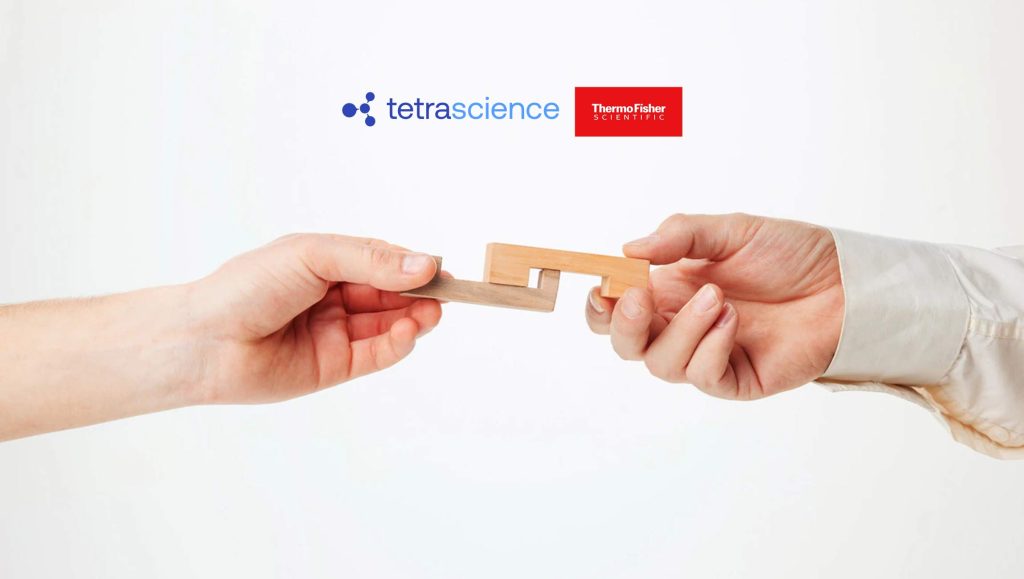77% moved closer to sustainability goals amid market pressures and competing priorities
R.R. Donnelley & Sons Company (RRD) released its 2023 (Un)Packaging Reality Report, revealing how brands navigated last year’s market pressures and shortages to ease certain supply chain challenges and meet eCommerce demands. The second edition of RRD’s annual report now includes complementary input from label decision makers, in addition to the original audience of packaging decision makers.
According to the report, those citing product-related concerns dropped to 20% from the previous 34% while concerns surrounding packaging materials and transportation also mellowed. Meanwhile, eCommerce orders rose for 60% of respondents. Despite this challenging environment, 77% claimed their organizations moved closer to sustainability goals.
Highlights from the 2023 (Un)Packaging Reality Report include:
Signs of Stabilizing Supply Chains and Market Conditions Despite Challenges
In 2022, packaging and label decision-makers began to see some supply chain and market conditions stabilize. In addition to easing concerns around product, packaging materials and transportation, there were other signs of improvement in market dynamics. Concerns settled around staffing challenges, demands on capacity and speed to market compared to last year’s study.
However, supply chain conditions—compounded by other market pressures—still presented challenges. Down slightly from 2022 figures, the vast majority (87%) still reported that disruptions to the global supply chain caused their organization to change how they source packaging and/or labels. Of those, 72% were forced to make changes to packaging selections over the past year. Specific to packaging, nearly three-fourths made selections to minimize cost and 60% altered designs for efficiency and cost reductions in transportation. Faced with continued supply chain hurdles, more respondents planned ahead by either 1-2 months or 3-6 months while fewer are planning just weeks in advance compared to 2022 figures.
Read More: FPT Software Opens New Office In Central Jakarta, Indonesia
Growth in eCommerce Continues to Fuel Demand for Packaging and Labels
The number of respondents seeing increased eCommerce orders was up slightly from last year’s report. Of the 60% of decision-makers citing an increase in eCommerce orders over the past year, the proportion who saw an increase in packaging needs (92%) remained consistent year-over-year. Additionally, 86% reported an increase in labeling needs.
The majority of packaging and labels specifiers had to adapt their selections to meet these needs. Among the most reported responses, 74% changed materials based on availability for packaging, up 22% from 2022 and 64% did the same for labels. Up slightly from last year’s report, 37% developed e-commerce-specific package design/structure. Half responded by increasing inventory and 39% boosted support from external vendors. Nearly two-thirds (62%) of respondents said they are working to level-set expectations for inventory due to over-corrections on COVID-related shortages and excess inventory in 2022.
Read More: SalesTechStar Interview with Frida Ottosson, VP of US Sales at Cognism
Sustainability a Priority with Continued Advancement in Near Future
The vast majority (90%) continue to agree that sustainability is a key consideration in packaging and label decisions. Despite the challenging macro environment, 77% of respondents claimed they moved at least slightly closer to their organization’s sustainability goals. This represents a substantial increase over similar indicators from last year’s report, where 55% of packaging decision-makers said they moved closer to carbon emissions goals and 66% said they shifted to more sustainable packaging.
Among the top reported sustainability-led selections in packaging, 72% prioritized reduction of material waste, 66% prioritized material recyclability and half prioritized inclusion of recycled material.
More progress may be on the horizon with two-thirds reporting they are likely to make sustainability-led changes in the next two-to-five years – and there is room for improvement. While only 49% of respondents said they are measuring environmental impact – a decline over last year – 38% acknowledged they are not currently, but plan to in the future. Also, less than half (48%) strongly agreed their brand’s packaging can be easily and widely recycled across the U.S., making the prioritization of recyclability an important factor to watch.





















